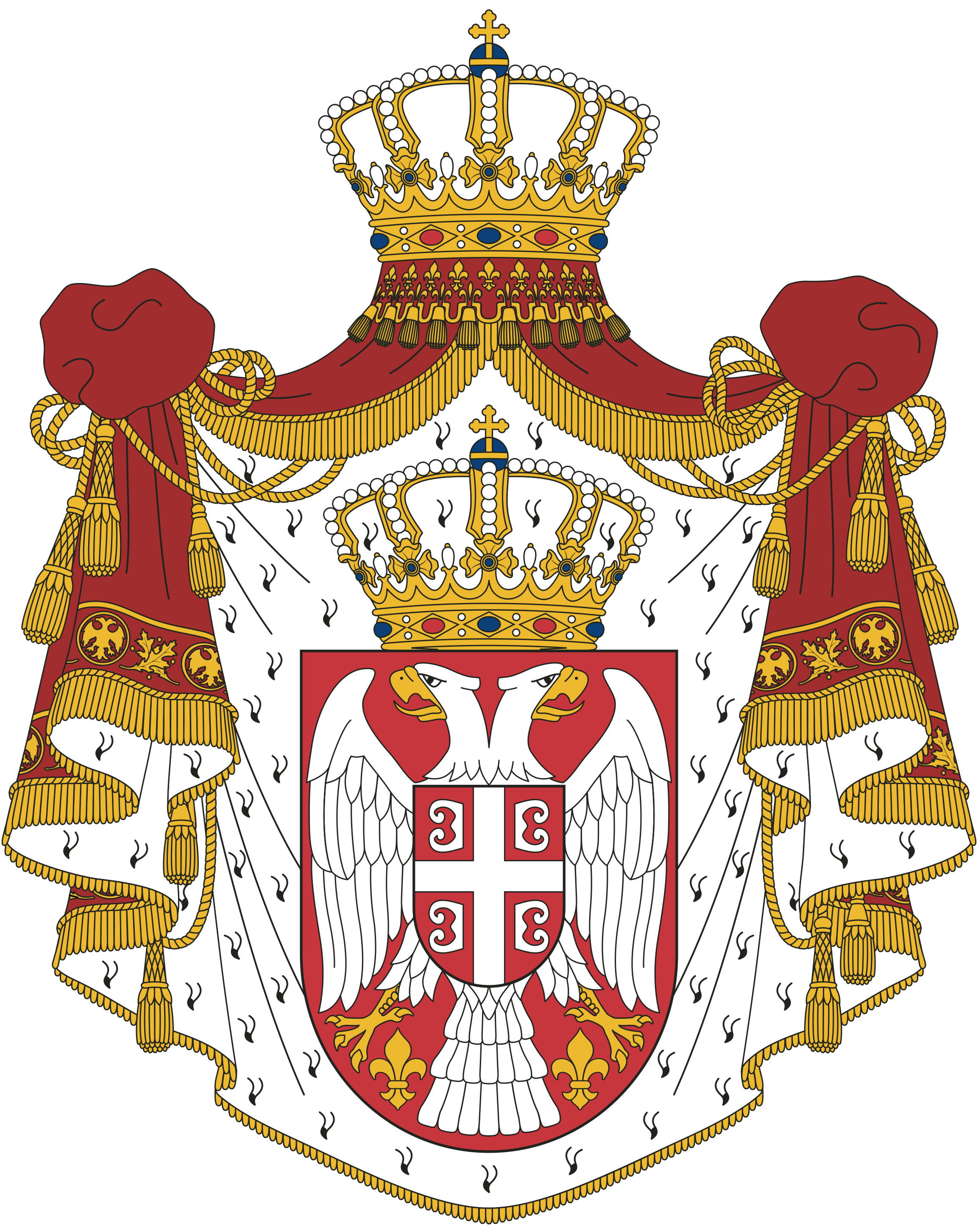Governed by Articles 48 and 49 of the Law on Organization of Courts, Article 7 of the Book of Court Rules, Article 42 of the Rules of Organization and Operation of the Supreme Court of Cassation and Articles 7, 10 and 13 Items 15-53 of the Rules on Internal Organization and Systemization of Job Positions in the Supreme Court of Cassation
The Law on Organization of Courts provides that the Supreme Court of Cassation shall have a Secretariat.
The Secretariat assists the President of the Court with the court administration tasks, performs administrative tasks for the Session of all the Judges of the Court and performs other tasks assigned to it by the Rules of Organization and Operation of the Supreme Court of Cassation.
The Secretariat is headed by the Secretary of the Court, appointed by the Session of all the Judges of the Court upon the proposal of the President of the Court. The Secretary of the Supreme Court of Cassation has the status of an appointed civil servant who, in terms of legal requirements, must meet the criteria used for an appellate court judge.
The Book of Court Rules, too, provides that the Secretary of the Court assists the President of the Court with the administrative tasks, in accordance with the law, with these Rules and with the Act on internal Organization and Systemization of Job Positions in the court.
Rules on Internal Organization and Systemization of Job Positions in the Supreme Court of Cassation determine the job positions in the Secretariat as independent executive posts or job positions within the following organizational units:
- Service of Financial and Material Affairs;
- Section for Information Technologies;
- Typing pool;
- Section for Proofreading;
- Security Section;
- Technical Services, fire protection and safety and health at work.
The court administration tasks performed by the Secretariat are:
- Maintaining of court administration registers;
- Preparation of individual enactments regarding employment and exercise of the employment-based rights, duties and responsibilities of the employees of the Court, drafting of individual enactments related to the exercise of rights arising from the employment of judges;
- Publishing of court decisions and other important information regarding the work of the Court on the Court’s website;
- Preparation and updating of the Court’s Information Booklet;
- Performance of IT operations and maintenance of the IT equipment;
- Performance of administrative tasks related to the professional training of judges and tasks related to the professional training of the court staff;
- Professional and administrative work for the commissions and working bodies of the Court;
- Keeping of prescribed and other established records from the Court’s various areas of work;
- Financial-material and accounting tasks and public procurement of goods, services and works;
- Preparation of various reports and the annual analysis of the work of the Court and the courts;
- Typing and proofreading tasks;
- Copying of printed material;
- Keeping records of professional publications, texts and reports in the media, and taking care of the procurement and distribution of professional literature for/to the users in the court;
- Taking measures related to the protection and safety of health in the workplace, and employee insurance;
- Tasks related to the fire protection,
- Performance of judicial guard tasks;
- Ongoing maintenance of the courthouse;
- Cooperation with other governmental agencies regarding the tasks performed by the Secretariat.
The Secretary of the Court is accountable for his/her work and the work of the Secretariat to the President of the Court. Heads of sections and services of the Secretariat are accountable for their work and the work of their organizational units to the Secretary of the Court.
The job positions in the Secretariat, the job descriptions for each individual job position and the requirements for said positions are regulated by the provisions of the Rules on Internal Organization and Systemization of Job Positions in the Supreme Court of Cassation.

